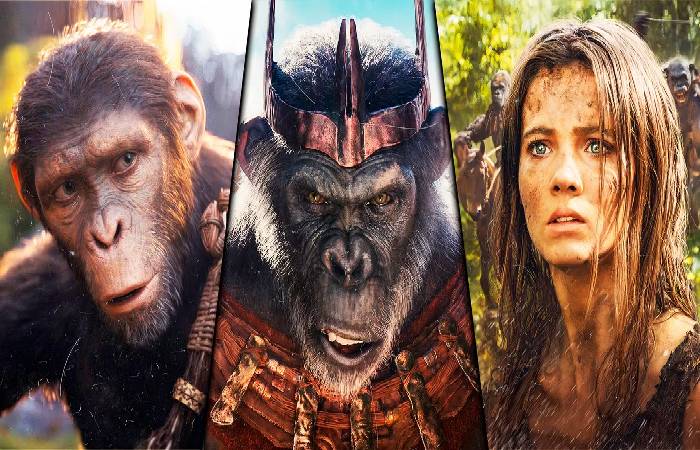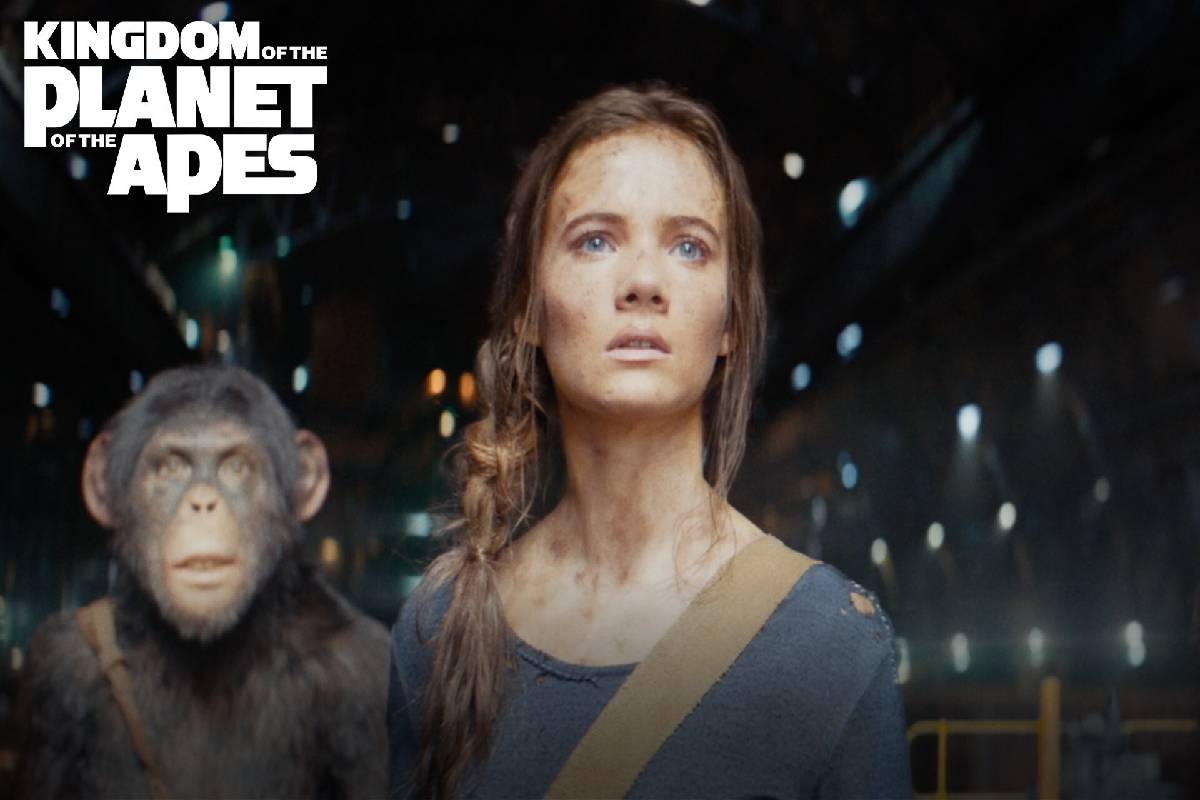Table of Contents
Introduction
The release of “Kingdom of the Planet of the Apes” marks a significant milestone in the storied franchise that has captivated audiences for decades. As the latest installment in the “Planet of the Apes” series, this film delivers a thrilling narrative that explores the complex dynamics between humans and apes in a post-apocalyptic world. With its premiere, fans are eager to witness this cinematic spectacle that continues the legacy of a legendary saga.
The Planet of the Apes Franchise: A Brief History.
The “Planet of the Apes” franchise began with the 1968 film directed by Franklin J. Schaffner, based on Pierre Boulle’s novel “La Planète des Singes.” The original movie, starring Charlton Heston, introduced audiences to a dystopian future where apes rule while humans are subjugated. Its shocking twist ending and thought-provoking themes of race, power, and evolution resonated deeply with viewers, spawning sequels, reboots, and spin-offs.
Over the years, the franchise evolved, with notable iterations including the 2001 Tim Burton remake and the reboot trilogy (2011-2017) directed by Rupert Wyatt and Matt Reeves. These films delved deeper into the origins of the ape uprising and the collapse of human civilization, solidifying the series as a cultural touchstone in science fiction cinema.
Development and Production
Following Disney’s acquisition of 20th Century Fox in 2019, a new “Planet of the Apes” film was set in motion. Wes Ball, known for “The Maze Runner” series, was brought on to direct and co-write the screenplay with Josh Friedman. Development continued through the COVID-19 pandemic, with casting commencing in 2022. Principal photography took place in Sydney from October 2022 to February 2023, with a production budget of $160 million. The film utilizes cutting-edge motion capture technology, ensuring a visually immersive experience that seamlessly blends CGI and live-action elements.
Plot Overview
Set several generations after Caesar’s era, “Kingdom of the Planet of the Apes” introduces audiences to Noa, a young chimpanzee hunter played by Owen Teague. Noa embarks on a journey alongside Mae, a human woman portrayed by Freya Allan, to determine the future of both species. As they navigate a world where apes have become the dominant force, themes of power, corruption, and the remnants of human civilization come to the forefront, offering a compelling and thought-provoking narrative.
Cast and Characters

- Owen Teague as Noa: A young chimpanzee hunter at the story’s center.
- Freya Allan as Mae: A human woman whose journey challenges the established norms between their species.
- Kevin Durand as Proximus Caesar: A villainous ape leader threatening Noa and his companions.
- Peter Macon as Raka: A significant figure in the evolving ape society.
- William H. Macy as Trevathan: A character adding depth to the human perspective.
Themes and Analysis.
Kingdom of the Planet of the Apes One of the franchise’s hallmarks is its ability to explore profound themes through the lens of science fiction. Continues this tradition, examining survival, identity, and the consequences of human actions. The film also delves into how myths and teachings can be distorted over time. Some ape societies have twisted Caesar’s philosophy to build empires, while others remain unaware of his legacy. This perspective challenges audiences to reflect on how history is remembered and reshaped across generations.
Critical Reception
Upon release, the film garnered generally positive reviews. Critics praised its brilliant continuation of the saga, highlighting its themes of peace, violence, and technology. Owen Teague and Freya Allan’s performances were particularly lauded for their emotional depth. However, some critics pointed out that the CGI was less immersive than its predecessors and that certain characters felt underdeveloped.
Box Office Performance
Kingdom of the Planet of the Apes” achieved a worldwide gross exceeding $397 million, reaffirming the franchise’s enduring appeal. Its financial success underscores the compelling storytelling and high production quality that have become hallmarks of the series.
Future of the Franchise
Building on its success, a sequel is already in development, with an expected release in 2027. Director Wes Ball has indicated that “Kingdom” is the first installment of a new trilogy, aiming to expand the intricate dynamics between apes and humans while further exploring the evolution of their societies.
Conclusion
Kingdom of the Planet of the Apes” is a powerful addition to the franchise, delivering a gripping story with stunning visual effects and well-developed characters. Its success at the box office and anticipation for future installments reaffirm the franchise’s lasting impact on science fiction cinema. Whether a longtime fan or a newcomer, this film offers an unforgettable cinematic experience that prompts reflection on humanity’s future and the complexities of coexistence in a transformed world.

